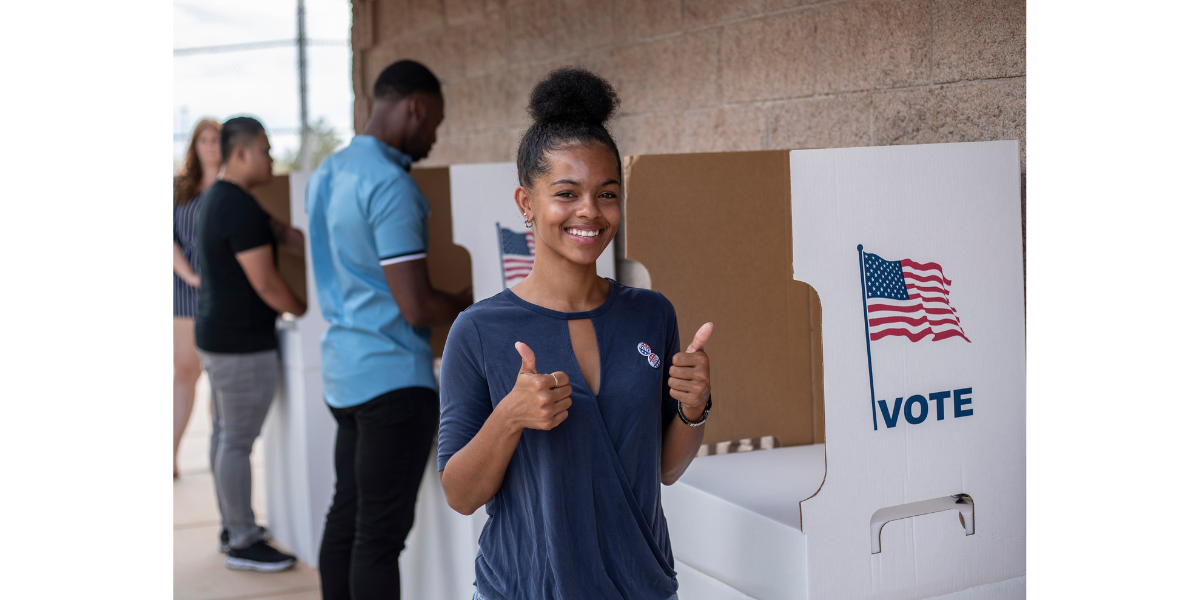The Voting Rights Act turned 58 on August 6th and we should be celebrating its anniversary. But the harsh reality is that the right for Americans to register and vote has never been in more peril. We need all hands on deck to protect these rights, and nonprofits can play an important role.
Nonprofits are some of the most trusted members of our communities. They are experts at connecting with hard-to-reach populations where others fail. Yet according to a new Independent Sector report, only 1 out of 7 nonprofits engage in the type of nonpartisan advocacy that supports an individual’s ability to participate in the election process. This includes activities like voter registration and Get Out the Vote (GOTV). One reason could be that many nonprofits – including 501(c)(3) nonprofits – don’t know that this is something they may be allowed to do.
According to the IRS Compliance Guide for 510(c)(3) Public Charities:
“…certain voter education activities (including the presentation of public forums and the publication of voter education guides) conducted in a non-partisan manner do not constitute prohibited political campaign activity. Other activities intended to encourage people to participate in the electoral process, such as voter registration and get-out-the-vote drives, would not constitute prohibited political campaign activity if conducted in a non-partisan manner.”
If your nonprofit has questions about whether you can advocate, or if there might be restrictions on your activity, seek legal counsel. Another great resource might be your state’s nonprofit association. For example, a few years ago the California Association of Nonprofits posted some helpful legal FAQs as part of their Vote with your Mission campaign.
Election-related advocacy doesn’t just benefit individuals. It can also benefit your nonprofit. Imagine how powerful it would be to increase the number of educated voters who believe in your mission and can help elect leaders who support your work.
If you’re a nonprofit leader and your organization is not engaged in this critical work, maybe it’s time to ask yourself: “why not”?

